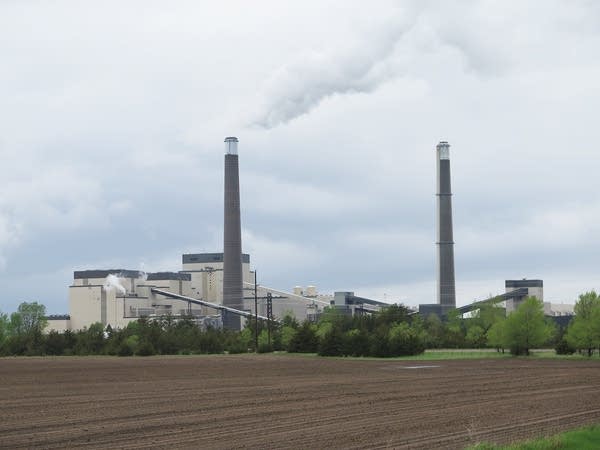Xcel Energy changes course, new plan does not include Becker gas plant

The Sherburne County Generating Station dominates the skyline near Becker, Minn. Xcel Energy is proposing a new energy plan for the next 15 years that does not include building a new natural gas plant in Becker.
Kirsti Marohn | MPR News 2019
Go Deeper.
Create an account or log in to save stories.
Like this?
Thanks for liking this story! We have added it to a list of your favorite stories.


